Agricultural impacts will also be reduced because no more than nine acres of land in Missouri will be taken out of agricultural production as a result of Project structures.
The Project is designed to have a minimal impact to land. In Phase I for the HVDC Main Line approximately 9 acres will be taken out of agricultural production. For Phase I Tiger Connector approximately 0.2 acres will be taken out of agricultural production. And for the Phase II HVDC Main Line, approximately 7 acres will be taken out of agricultural production.
And then there's this ridiculous quote taken out of the original GBE Order that's like biting on something rotten.
There can be no debate that our energy future will require more diversity in energy resources, particularly renewable resources. We are witnessing a worldwide, long-term and comprehensive movement toward renewable energy. The energy on the Project provides great promise as a source for affordable, reliable, safe, and environmentally-friendly energy that will increase resiliency of the grid. The Project will facilitate this movement in Missouri, will thereby benefit Missouri citizens, and is, with the conditions set out below, in the public interest.
And here's the non-debatable and speculative part...
Grain Belt has a viable plan for raising the capital necessary to finance the cost of constructing the Project on a project financing basis. Specifically, after advancing development and permitting activities to a status at which developers of wind and solar generation facilities and other potential customers of the transmission line are willing to enter into commercial agreements for an undivided interest (purchase or lease) or long-term contracts for transmission capacity on the Project, Grain Belt will enter such contracts with interested parties that satisfy necessary creditworthiness requirements. Grain Belt will then raise debt capital using the aforementioned contracts as security for the debt.
Grain Belt anticipates utilizing a combination of commercial and governmental sources of financing, and, at this time, is still evaluating all potential options for financing. Options for governmental sources of financing include the Western Area Power Administration (WAPA) Transmission Infrastructure Program (TIP); and the Bipartisan Infrastructure Bill Transmission Facilitation Program; Department of Energy loans to non-federal borrowers for transmission facilities pursuant to the Inflation Reduction Act and potentially other government funding options. Additional equity capital may also be raised to help finance construction of the Project, or Grain Belt’s existing investors may make additional equity investments in the Project.
Coulda, woulda, shoulda. It's going to be a long journey to having GBE fully subscribed, especially since GBE does NOT even have FERC's approval to negotiate rates with potential customers. After being asleep at the switch since it bought the project from Clean Line Energy Partners in 2019, Invenergy has suddenly become inspired to "amend" the negotiated rate authority FERC granted to Clean Line Energy Partners in 2014. Just like GBE "amended" its permit from the Missouri PSC when what it really did was create a totally new project that wasn't sufficiently reviewed. Just because the uneducated PSC Commissioners in Missouri fell for that ruse doesn't mean FERC will as well.
Perhaps the best part of GBE's FERC "amendment" is this claim made by Invenergy:
Consistent with the Commission’s requirements for obtaining and maintaining negotiated rate authority, Grain Belt Express’s negotiated rates will continue to be just and reasonable. In the context of negotiated rates, the Commission considers whether the merchant transmission developer has assumed the full market risk for the cost of constructing its proposed project, and is not building within the footprint of the developer’s (or an affiliate’s) traditionally regulated transmission system. The Commission also considers whether the merchant transmission owner (or an affiliate) owns transmission facilities in the same region as the project, what alternatives customers have, and whether the merchant transmission owner is capable of erecting any barriers to entry among competitors, and whether the owner would have any incentive to withhold capacity.
Here, Grain Belt Express has assumed, and will continue to assume, the full market risk for the cost of constructing the Project. Grain Belt Express has no captive pool of customers from which it could recoup the cost of the Project.
There's also the matter of GBE's pending Environmental Impact Statement that won't even be in draft form until sometime later this winter. Only after that document is finalized will DOE make a decision on whether to grant a taxpayer-backed loan. What's a taxpayer-backed loan? It's the same as any loan with a co-signer who is responsible for repayment if the borrower defaults. In this case, the co-signer would be every taxpayer in the country. GBE has applied to shift all risk for its project onto captive taxpayers.
So, the Missouri PSC approved GBE? Big Flipping Deal. Grain Belt Express is going nowhere without customers that will pay to build it. There can be no debate that GBE's financing plan is a house of cards.
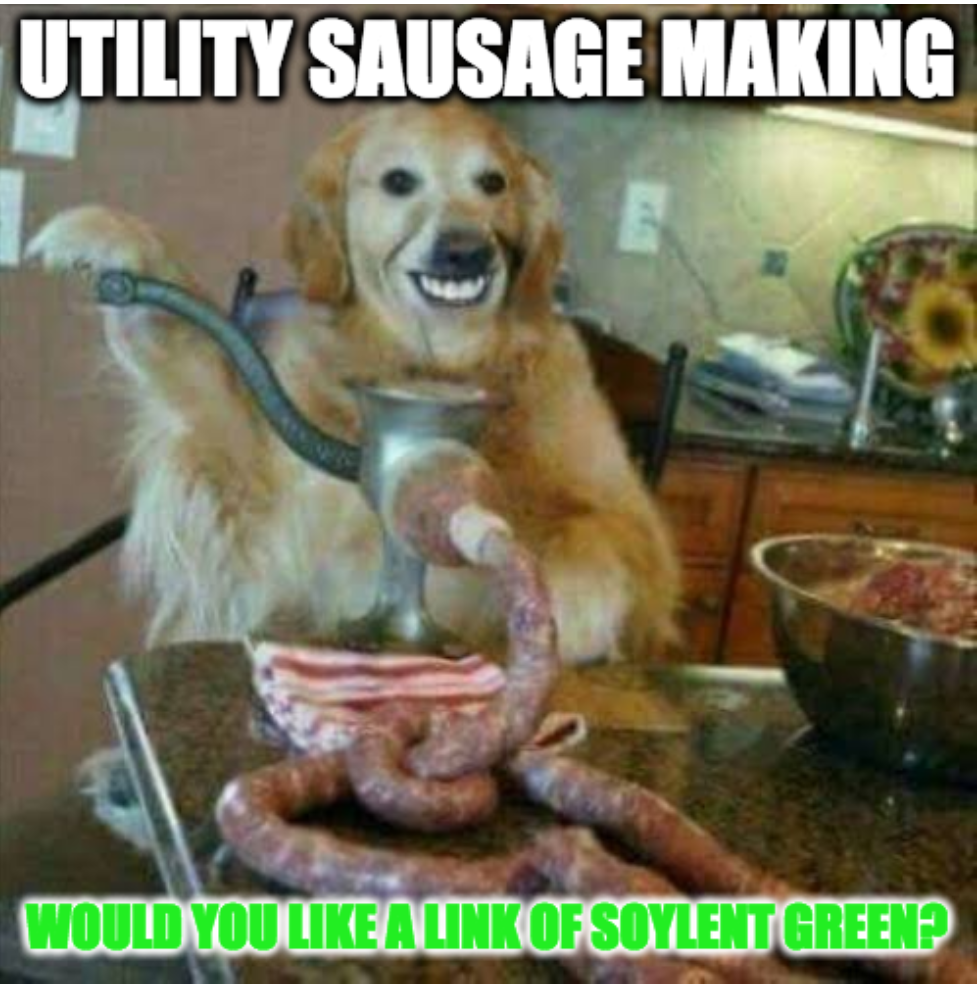
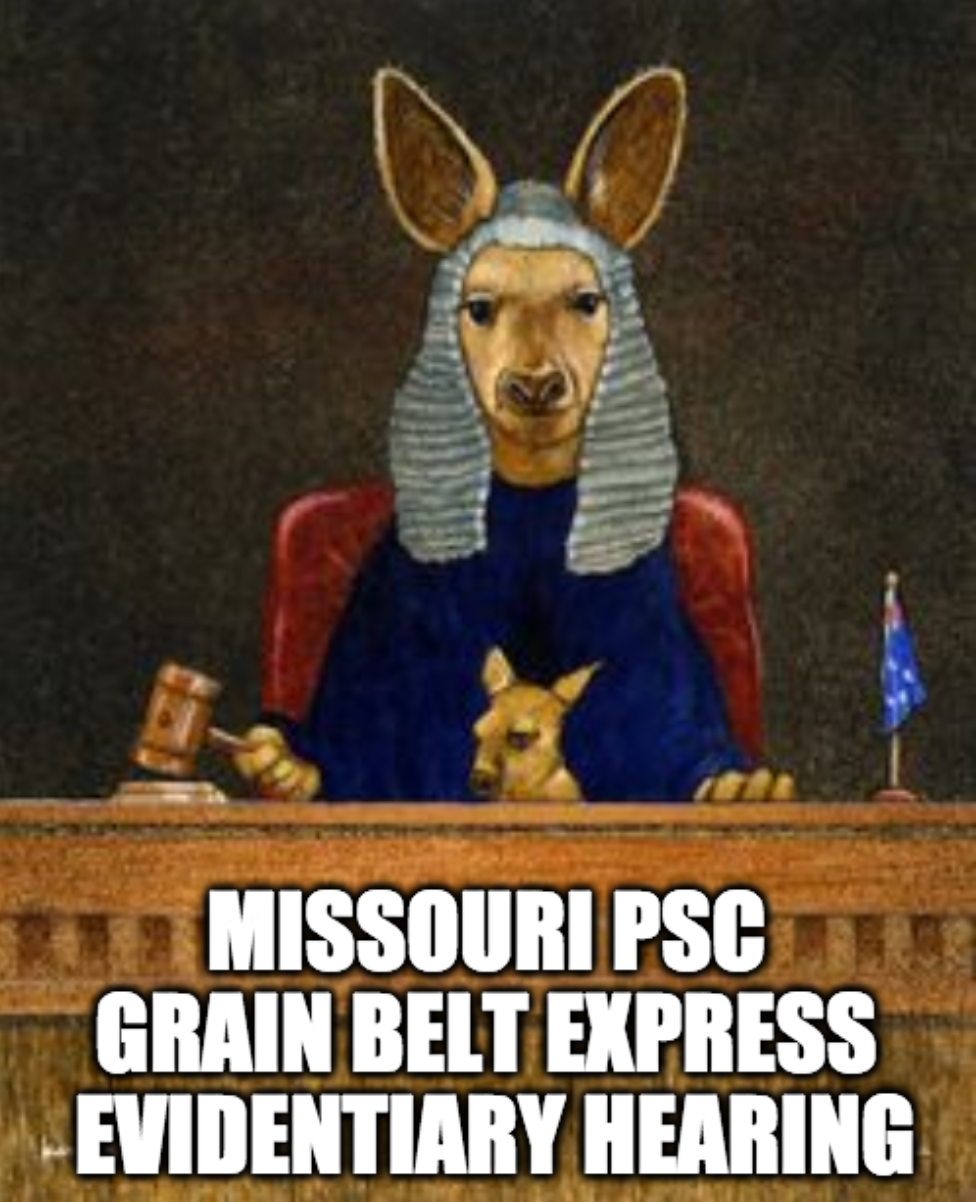
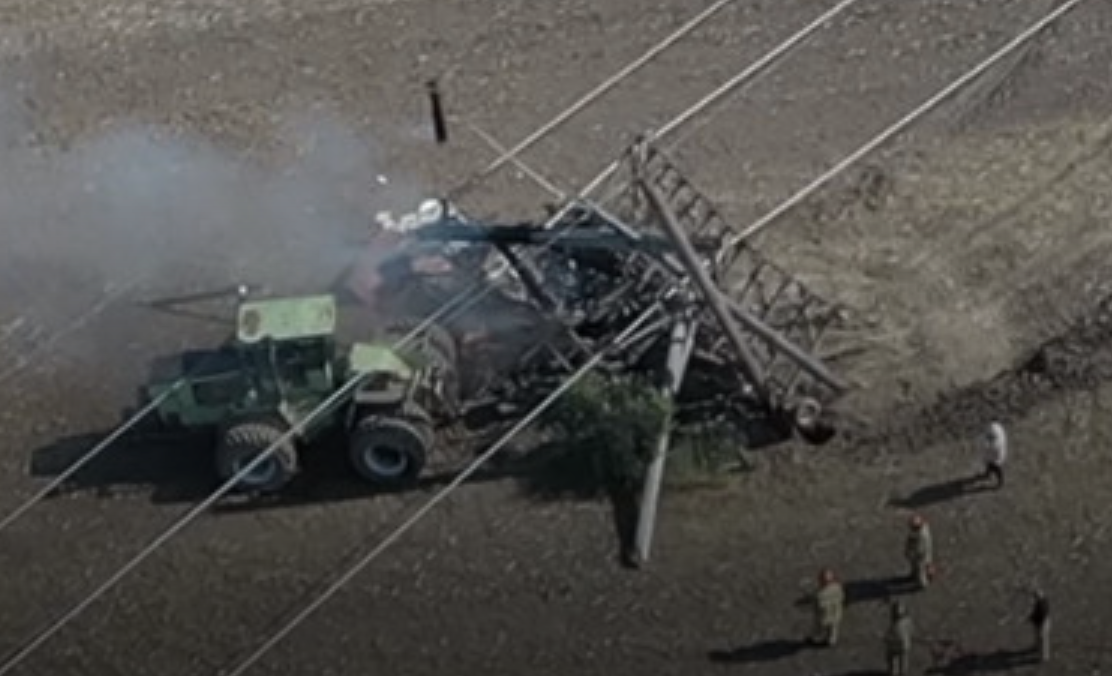
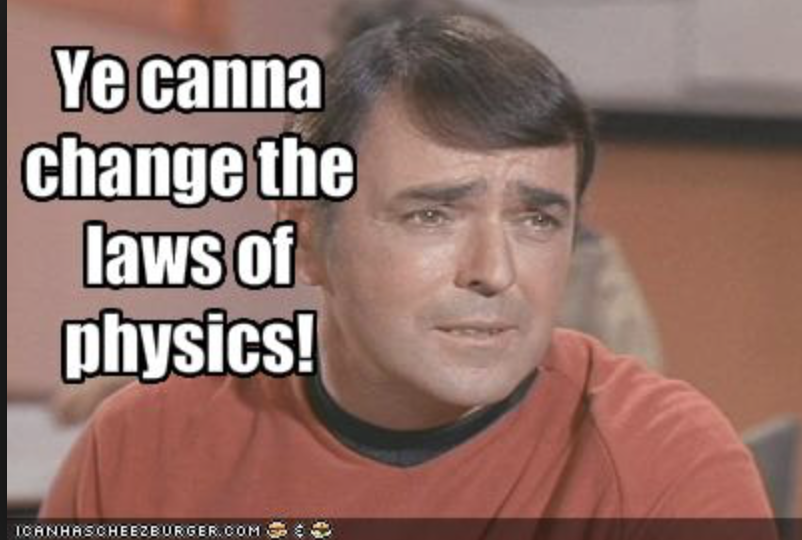
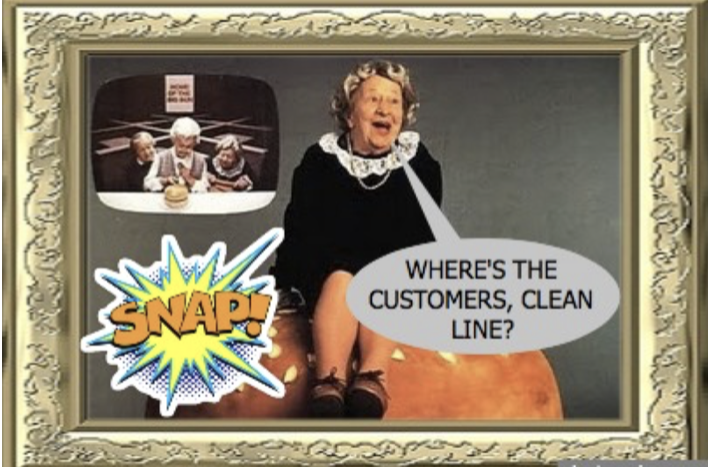
 RSS Feed
RSS Feed